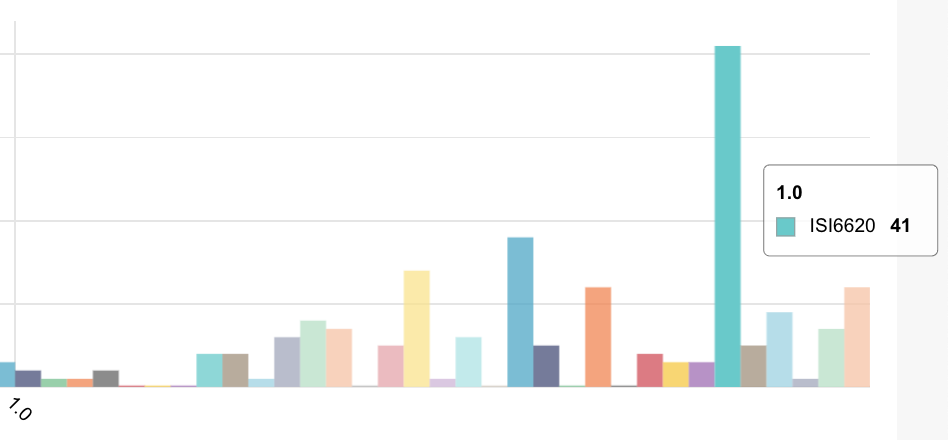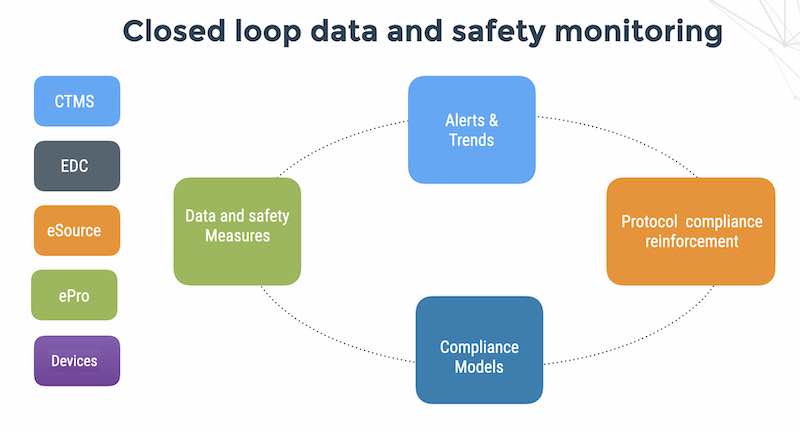Millennials, born between 1980 and 2000 and the first native generation of the digital age, are the quickly approaching additions to the modern workforce. Regardless of whether private or public sector Millennials are soon to become the bulk of the global workforce.
At present, Millennials represent 34% of the current US workforce (up 9% from 25% in 2015), and by 2020 50% of workers will be of the Millennial generation. As the demographics of present job seekers continues to shift, companies need to adjust their culture, facilities and technology to cater to the new generation.
Regarding the clinical trial industry, Millennials are not only the next generation of data managers and monitors, but will soon make up the bulk of the study subjects as well.
Choosing the right tool and UX for millennial subjects becomes acute considering usability factors and patient compliance issues for people under 30.
Cloud services used in place of the old-fashioned, paper-based methods of data capture is not only more economically efficient across the board for conducting clinical trials, but an electronic cloud-based system is much more familiar to the Millennial generation than a clipboard and sheets of paper.

So, what to do about the new generation of clinicians and patients? Today we are going to offer you some tips on dealing with Millennials, how they will change clinical studies, and also how cloud-based eSource, CTMS and ePRO integrated deeply with instant messaging will become the tools of choice for managing and participating in clinical trials.
Acknowledge decent work performance
We all make assumptions and form derisive opinions about the younger generation (admittedly, your author is envious of their lack of grey hair). However, assumptions quickly become facts when the new guys say it themselves.
In a recent poll, 59% of Millennials categorized their generation as being self-absorbed, more so than any other personality trait in the survey. Why does this matter for the success of your CRO or other clinical organization?
Staff retention is one of the smartest ways to keep costs down and increase efficiency. The greater your turnover rate the more time and energy your team will need to invest in training and on-boarding new staff.
In a generation that is already not planning to stick around at their current job for more than a few more years (66% of Millennials plan to leave their current position by 2020!), validation of a job well done is going to require an increase in frequency, because a self-absorbed individual is going to need more validation. Without a considerable increase in verbal acknowledgement, Millennials will likely pack it in after a brief tenure and find a fresher company to work for.
Millennials and clinical trial recruiting
Recruiting subjects for clinical trials is a challenge that has attracted dozens of startups that use social media to recruit patients to clinical trials. Using social media, the fear of missing out and accessibility of information makes it easier to attract subjects into trials. While the message and incentives used to attract study subjects may not be changing, the method used for sourcing patients is shifting from email to Facebook and from Facebook to Instagram and WhatsApp.
On average, a Millennial spends eight hours of their life every day online, the vast majority of which is spent on checking one’s social media accounts (case in point: your author is 33 and checks his Facebook account over 100 times a day). 39% of Millennials interact with their smartphone on a daily basis more than actual people, including friends and family!
Businesses that historically have been absent on social media are now incorporating it for every aspect of their business, and your team should as well for clinical subject recruiting. There’s a funny industry story going around online of how a research organization used Snapchat for recruiting subjects, even recruiting a subject the very same day that they sent out their first snap.
Social media has distilled the number of avenues that Millennials use for news and information. So, by adopting social media as a recruitment tool you will have access to what is quickly becoming the largest population demographic. Also, consider how Millennials, which will soon comprise the majority of your workforce, will prefer to work with subjects closer to themselves in age than not.
Of course, depending on the study’s goals, differing age demographics will be required for different drug studies. However, tech-savvy clinical staff will feel less malaise at work when they are working with tech-savvy subjects.
Why instant messaging technology like WhatsApp is essential for the Millennial clinical study workforce (and subjects too)
We have already addressed how the majority of Millennials already have one foot out of the door at their job and some ways to keep them on board. However, switching to 100% IM platform for data collection and management will solidify that a Millennial feels that they have landed a gig facing towards the future.
Technological modernity in the workplace is extremely valuable for Millennials, especially those that are hunting for careers in the sciences. These are the workers that don’t just own a slick laptop, but tablets, smartphones, and smart TVs as well.
Not only by using IM can your study site boast that you are using the most cutting-edge technology, attracting the Millennial workforce (we know how much kids love their gadgets), but reliable and efficient user-submitted data is achieved far more easily for studies. User-submitted data saves time, money, and offers greater study flexibility.
Speaking of flexibility, Millennials are increasingly looking for jobs that offer flexible work hours and locations, both of which is further enabled by cloud technology. If a Millennial can do a data monitoring job from their local cafe or living room, well, why not? Cloud-based eSource and remote monitoring makes it a reality.
Millennials are already intimately familiar with cloud computing systems and perpetual access to the internet. 45% of these new entrants to the global workforce are already using their personal smartphones for work-related purposes, and Millennials are increasingly using their smartphones for internet access in place of computers.
Do yourself a favor and embrace Millennials for your clinical trials
The benefits of switching to cloud-based eSource and CTMS for your clinical trials are readily apparent in terms of direct cost savings and data security. However, it is wise to also factor in how your clinicians will value the system instead of old-fashioned paper data capture.
Not only is being on the forefront of technology attractive to younger clinicians, but they are also the ones that are familiar with cloud-based systems and will require less training and orientation.





